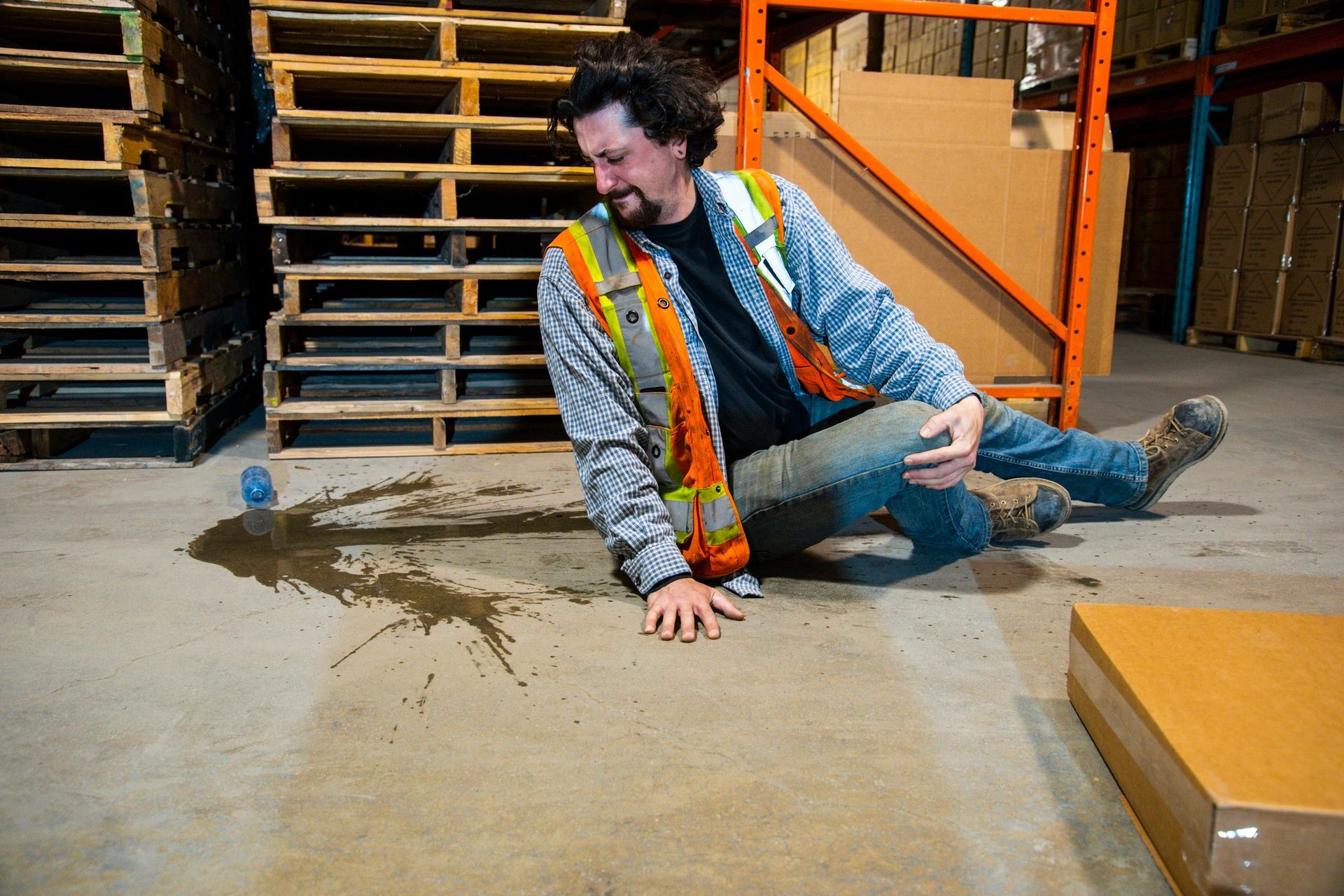DERAILMENT IN THE HEARTLAND
Train Derailment in East Palestine: Part Two
TRAIN DERAILMENT PART TWO: ONE MONTH AFTER
The nation is still focused on the derailment of thirty-eight Norfolk-Southern railcars in the small town of East Palestine, Ohio, on February 3, 2023. The continued scrutiny is due to the fact that eleven of the railcars contained hazardous materials, which created a toxic plume above the town that traveled down the Ohio River to other towns and cities such as Cincinnati, Ohio, and Huntington, West Virginia. The derailment necessitated the evacuation of people within a one square mile area. Air and water quality monitoring by the EPA is ongoing, and residents still report feeling sick—nausea, sore throats, irritated eyes—despite the EPA reporting that levels of contaminants are within the safe range.
The derailment brought to light issues surrounding the transportation by rail of hazardous materials. Specifically: what are the notification requirements of the carrier to the states and local communities through which the materials pass, and do communities have adequate response plans in place?
NOTIFICATION
The Federal Railroad Administration (FRA), which regulates the industry, does not provide lists of the rail lines that hazardous materials travel, according to an agency spokesperson. Norfolk Southern had not notified officials that vinyl chloride and other hazardous materials would be winding their way along the tracks that ran through East Palestine the day of the disaster, according to Ohio Governor Mike DeWine.
An expansive network of Class-1 railroads, which are operated by the major railroad freight companies and one passenger company, wind their way through America's coasts, heartlands and metropolises each day, racking up millions upon millions of miles every year. About a thousand train derailments occur in the US each year, according to the FRA. Leaks from trains carrying hazardous materials happen rarely. Only nine such incidents occurred in 2022, according to FRA data. The year with the highest number of hazardous material releases, 2020, only saw 20 such incidents. Two relatively recent examples of the derailment of railcars containing hazardous materials are: (1) In 2012, a train carrying vinyl chloride - the same chemical primarily involved in the East Palestine incident - derailed in Paulsboro, New Jersey, and cars containing the substance derailed off a bridge releasing 23,000 gallons of the chemical; (2) In 2015, a train carrying crude oil derailed and exploded in the state of West Virginia, destroying a house and contaminating the local drinking water.
LIABILITY
Norfolk Southern is now facing multiple lawsuits filed on behalf of residents, many of whom were forced to evacuate their homes. The Environmental Protection Agency (EPA), which has the power to fine or sanction firms over environmental concerns, said Norfolk Southern would "pay for cleaning up the mess they created and for the trauma they've inflicted on this community”. The Ohio Health Department has opened a health clinic for concerned residents.
TRAIN DERAILMENTS IN GEORGIA
Almost eight months ago, on June 30, 2022, multiple railcars of a CSX train derailed near Waycross, Georgia. A week or so after this accident, another train derailed near Robins Air Force Base in Georgia. Fortunately, neither train was not carrying any hazardous materials. However, even in the absence of hazardous materials onboard, a train derailment can still pose a threat to the surrounding community. In October 2022, a CSX train derailed due to heavy rains following Hurricane Delta. Thirty-eight rail cars derailed between Main Street NW and Rockbridge Road NW in Lilburn, Georgia, and several rail cars were engulfed in flames shortly after arrival, the statement said. The fire subsided about two hours later but still posed a threat to the surrounding area, according to the local First Responders at the time.
CALLS FOR GREATER TRANSPARENCY
One reform being called for is notification to communities through which trains that carry hazardous materials travel. If a community knows the frequency and type of hazardous materials passing through their area, they can be better prepared in case an accident and release of contaminants occur. Communities could have specifically-tailored plans for response to possible derailments—evacuation plans, testing and cleanup plans, etc. Environmental experts warn that without stricter regulation from Congress and increased transparency requirements for dangerous materials passing through residential areas, many more towns and cities will be left in the dark and unprepared, as East Palestine was before a February 3, 2023 derailment unleashed a toxic onslaught on the town.
In many circumstances, local emergency responders were not prepared to deal with a chemical spill or explosion due to a lack of knowledge about the substances passing through their communities, a ProPublica investigation into railroads used to transport oil found. Emergency managers throughout the US told the investigative outlet that they did not receive notifications about dangerous materials traveling by rail. Given that these freight lines run through major US cities, as well as small towns like East Palestine, millions of Americans are potentially at risk, environmental experts said.
CONTACT YOUR ATTORNEY
If you or someone you know lives near the site of a train derailment, contact Dave Thomas of The Thomas Law Firm for a free evaluation of your legal rights.





